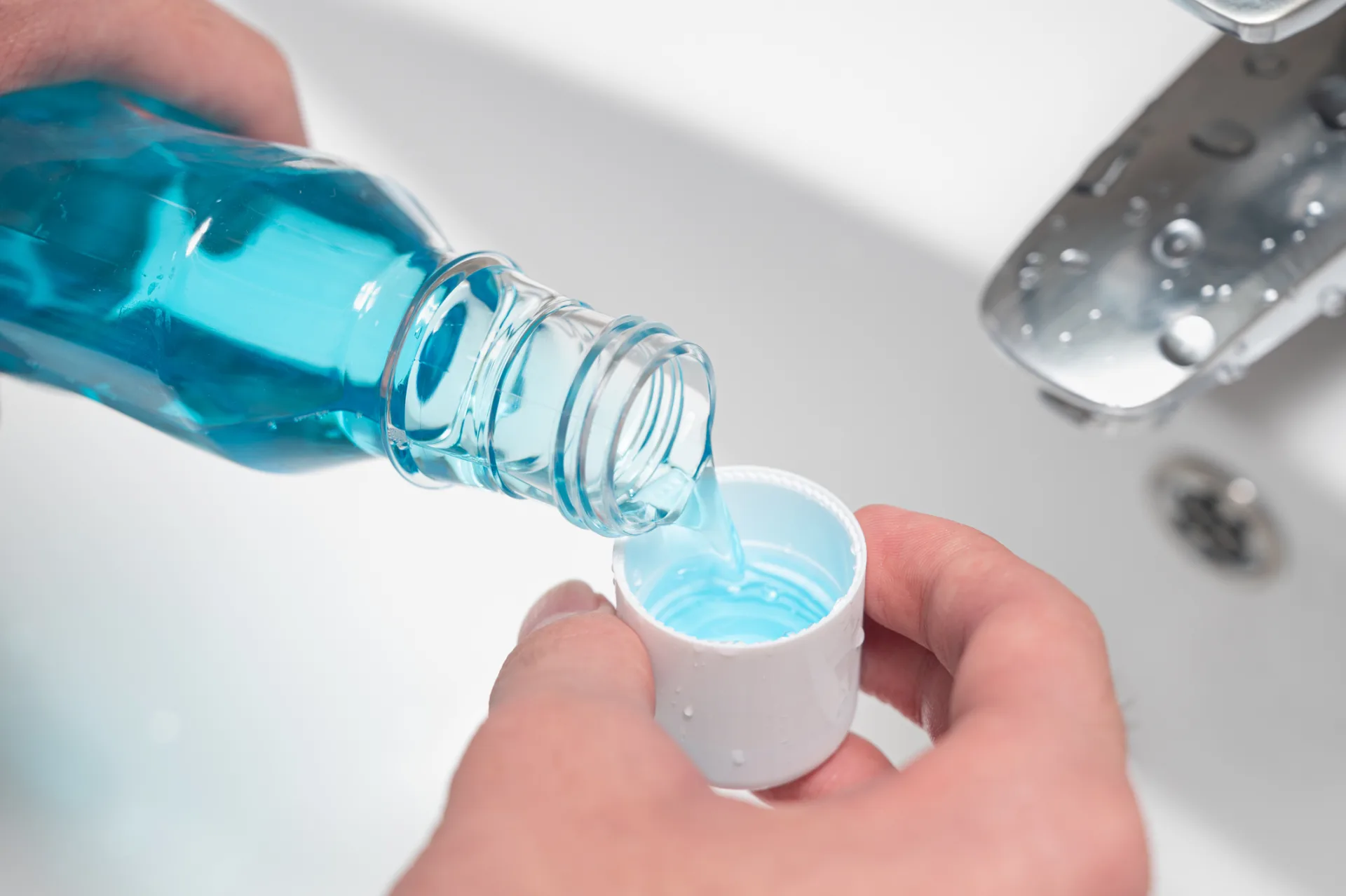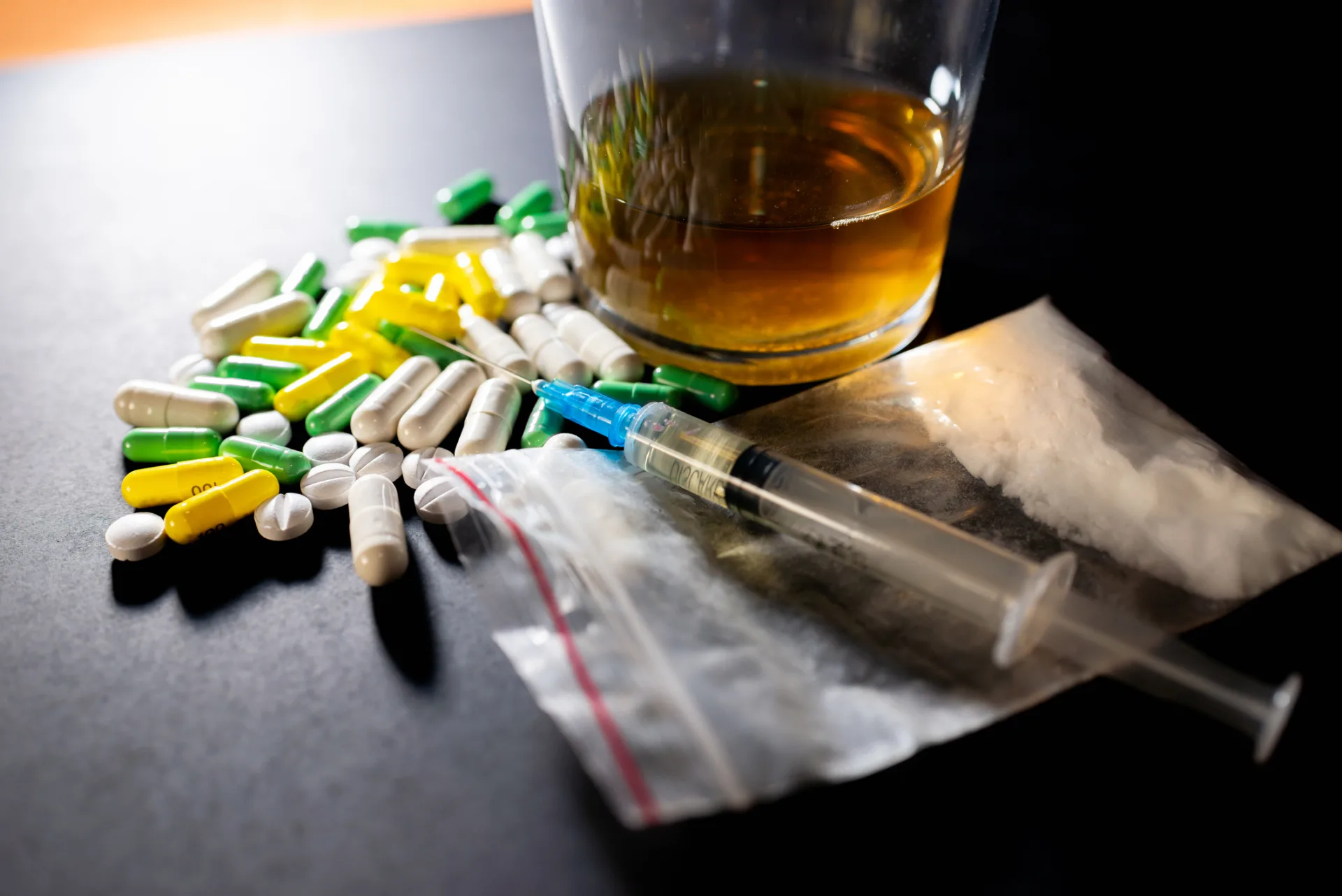
What Is Candy Flipping? Risks of Mixing LSD and MDMA
Psychedelic drug use has evolved over the years, with many users experimenting by combining substances to enhance their experiences. One such combination is candy flipping, a term used to describe the practice of taking LSD (acid) and MDMA (ecstasy or molly) together. While some believe this mix creates a more intense and euphoric trip, candy flipping comes with serious risks, including dangerous side effects, unpredictable experiences and potential long-term harm.
What Is Candy Flipping?
Candy flipping involves taking LSD (lysergic acid diethylamide), a powerful hallucinogen, with MDMA (3,4-methylenedioxymethamphetamine), a stimulant and empathogen. Users typically take LSD first, followed by MDMA an hour or two later, aiming to extend the euphoria of MDMA while experiencing LSD’s visual and sensory hallucinations.
This combination became popular in rave and festival culture, where individuals seek heightened emotions, intensified visuals and increased sensory perception. However, mixing these substances can lead to severe psychological and physical consequences.
The Dangers of Candy Flipping
1. Unpredictable Reactions
Both LSD and MDMA affect the brain’s serotonin system, but in very different ways. LSD causes intense hallucinations, while MDMA increases serotonin and dopamine levels, creating feelings of euphoria, empathy and emotional warmth.
Because everyone’s brain chemistry is different, candy flipping can result in highly unpredictable reactions. Some users may experience intense joy and connection, while others may suffer from paranoia, panic attacks or even psychotic episodes.
2. Increased Risk of Serotonin Syndrome
Serotonin syndrome is a dangerous and potentially fatal condition that occurs when too much serotonin builds up in the brain. Since both LSD and MDMA flood the brain with serotonin, taking them together increases the risk of:
- High fever and sweating
- Rapid heart rate and high blood pressure
- Confusion and agitation
- Seizures or loss of consciousness
Serotonin syndrome can be life-threatening and requires immediate medical attention.
3. Dehydration and Overheating
MDMA is known for increasing body temperature and heart rate, which can lead to severe dehydration and heatstroke, especially at music festivals, raves or crowded events. When combined with LSD, users may become less aware of their physical state, increasing the chances of dangerous overheating or severe dehydration.
4. Long-Term Mental Health Effects
Using LSD and MDMA together may increase the risk of long-term mental health issues, including:
- Depression and anxiety due to serotonin depletion
- Hallucinogen persisting perception disorder (HPPD), where users experience ongoing visual disturbances after the trip is over
- Increased risk of psychosis in individuals with underlying mental health conditions
Repeated candy flipping can worsen these effects, leading to persistent mood disorders and cognitive impairment.
Can Candy Flipping Lead to Addiction?
While LSD is not considered physically addictive, MDMA can lead to psychological dependence, as users chase the euphoric high. Regular use of MDMA can lead to:
- Increased tolerance, requiring higher doses for the same effects
- Serotonin depletion, resulting in severe depression and mood swings
- Cravings and compulsive use, especially in social settings
This pattern of use can increase the risk of substance abuse and addiction, particularly if individuals start experimenting with other drugs.
Seeking Help for Substance Abuse
Candy flipping may seem appealing to those seeking a more intense psychedelic experience, but the risks far outweigh the rewards. The combination of LSD and MDMA can lead to dangerous health complications, unpredictable psychological effects and long-term consequences on mental well-being.
If you or someone you know is struggling with substance use, Bluff Augusta is here to help. Our professional treatment programs provide comprehensive care for those battling addiction and mental health challenges.
Take the first step toward recovery today. Contact Bluff Augusta to learn more about our addiction treatment programs and get the support you need.








